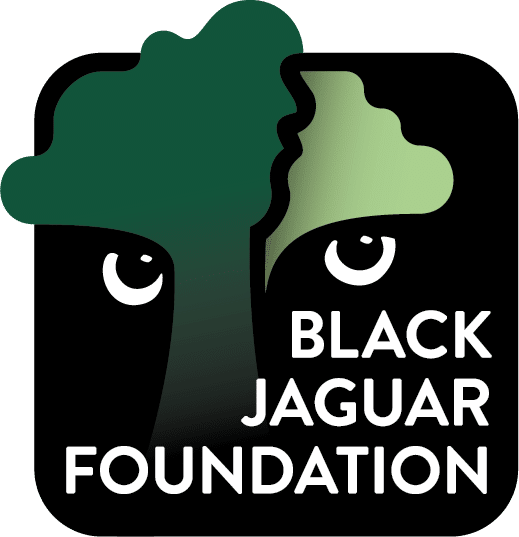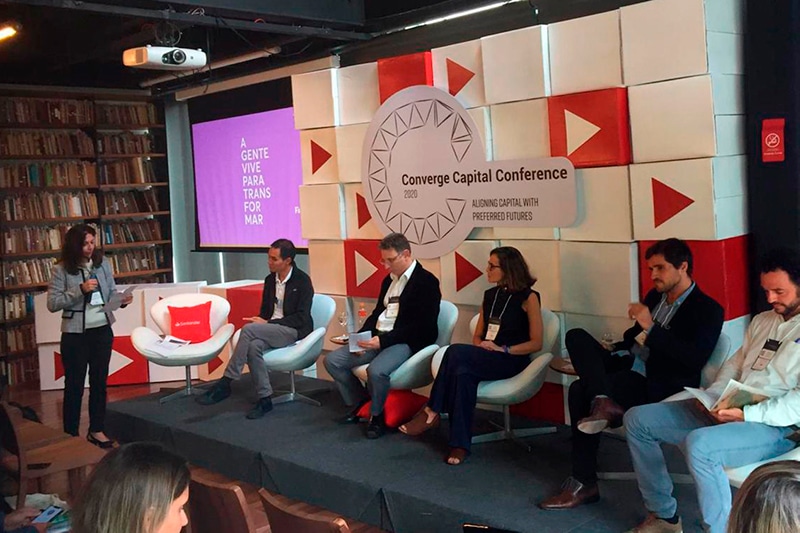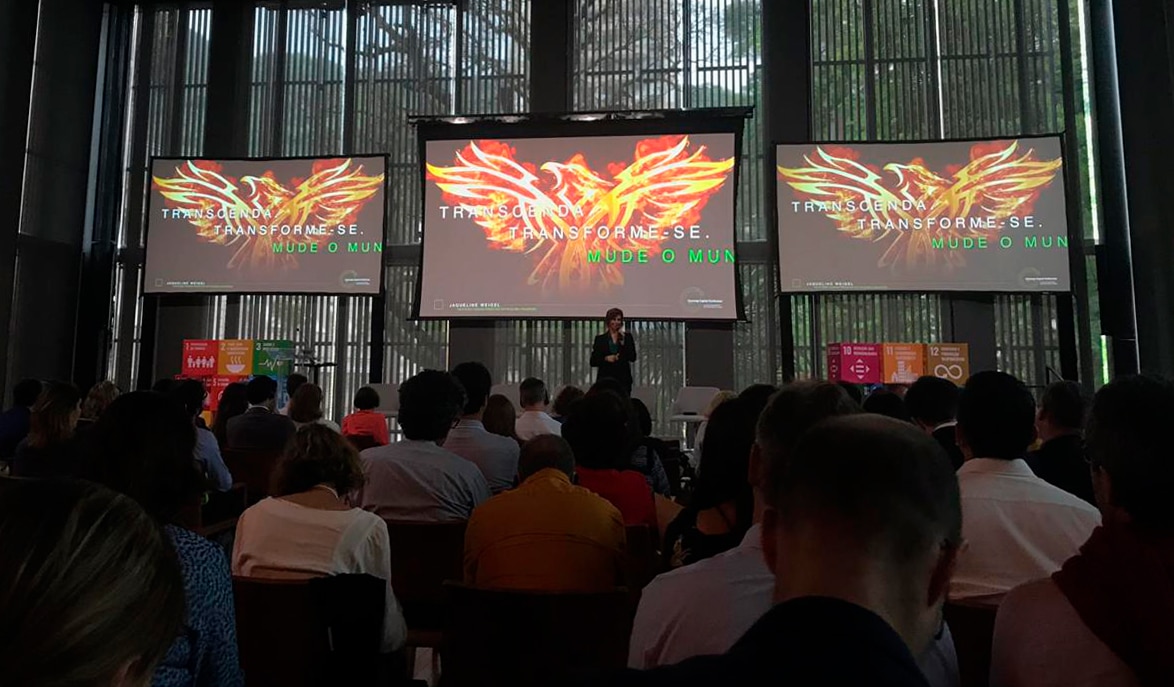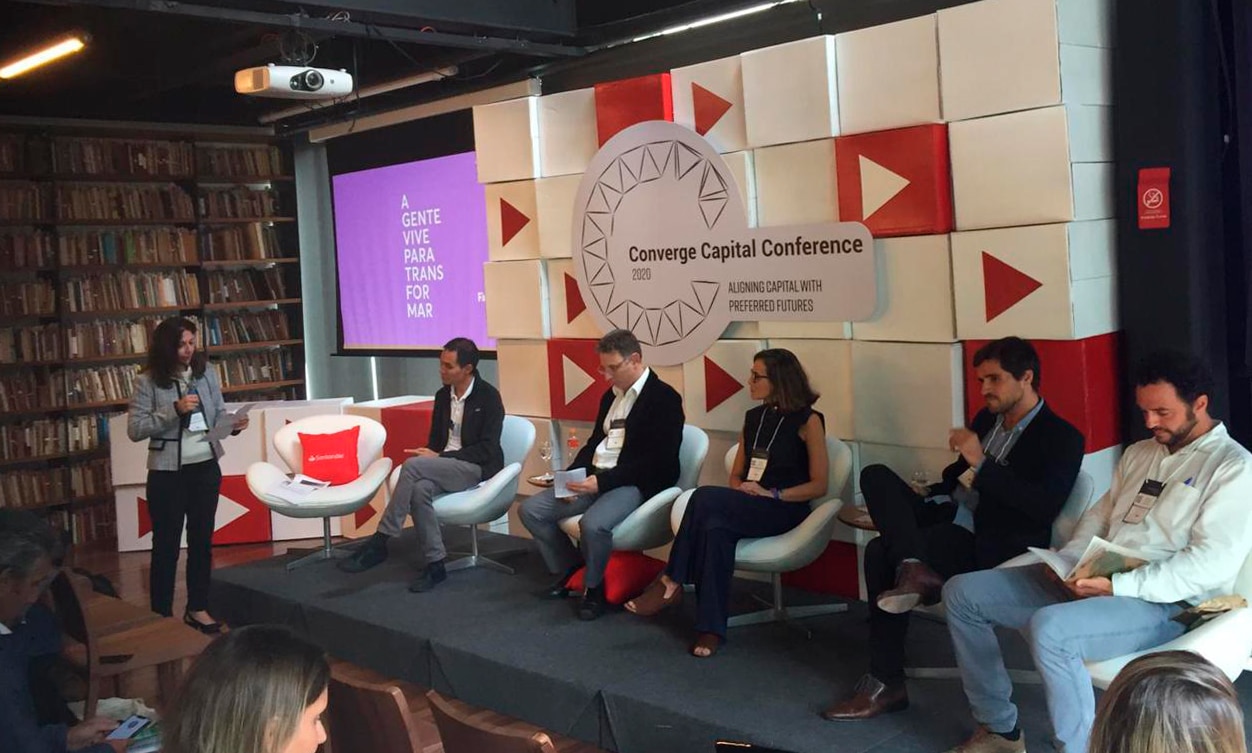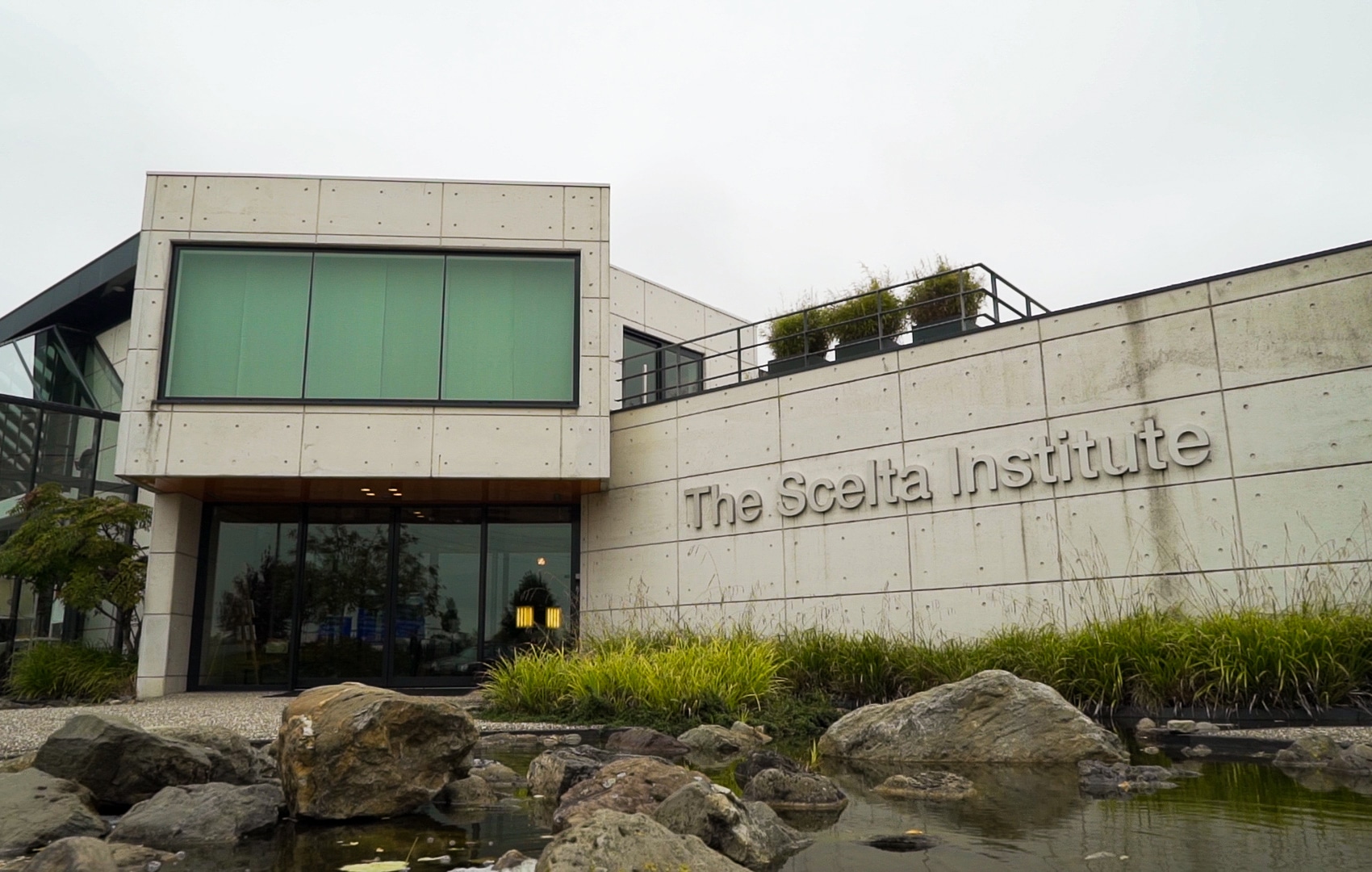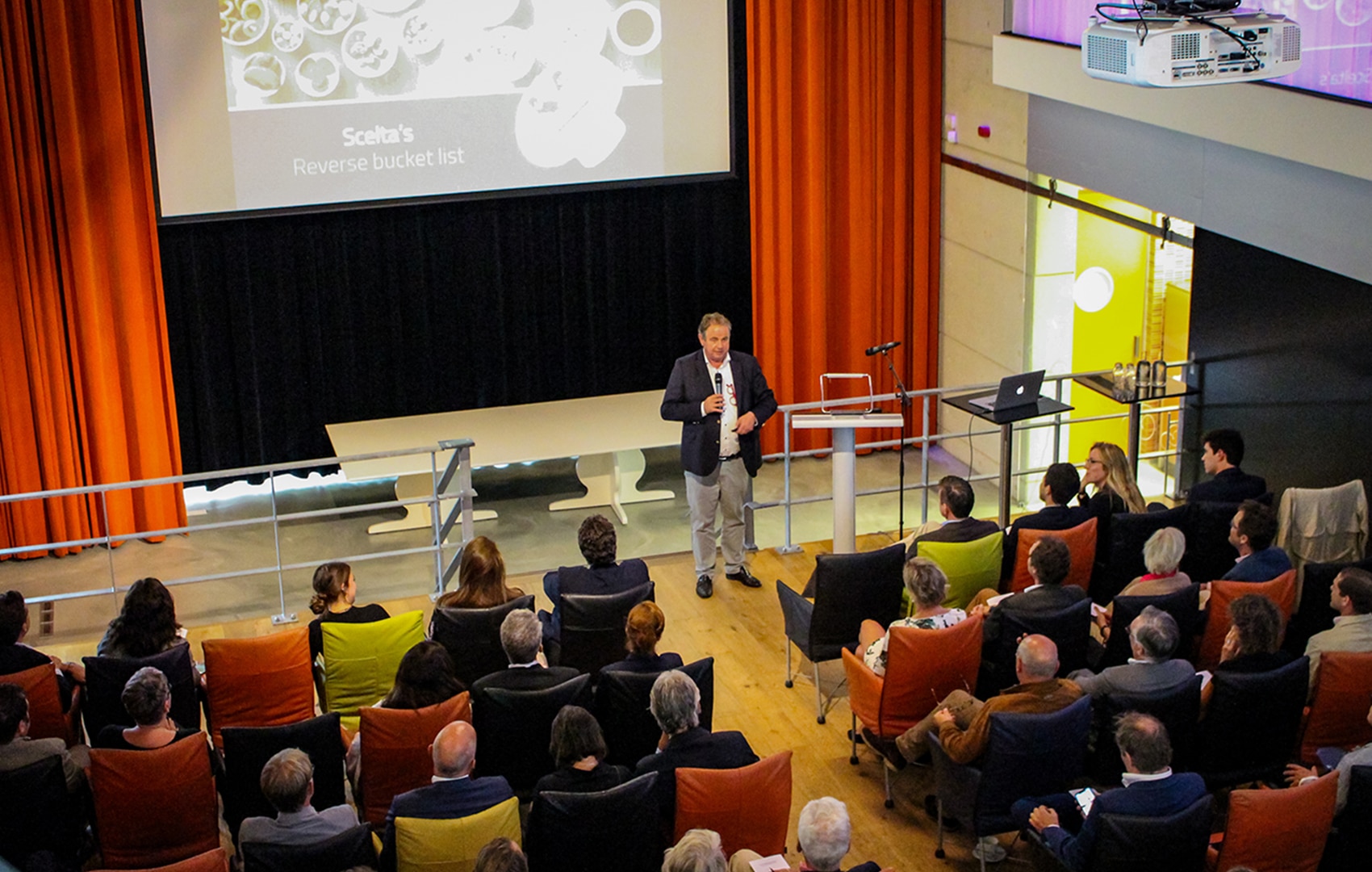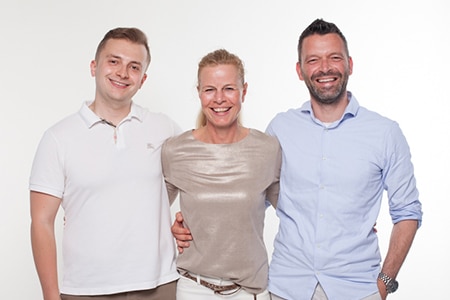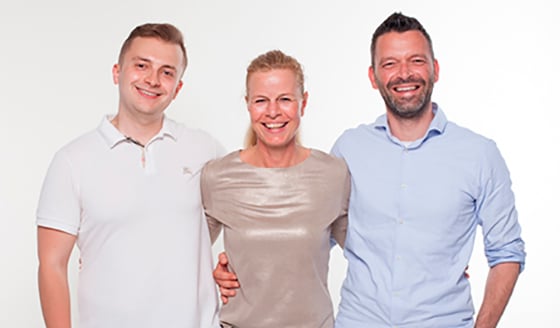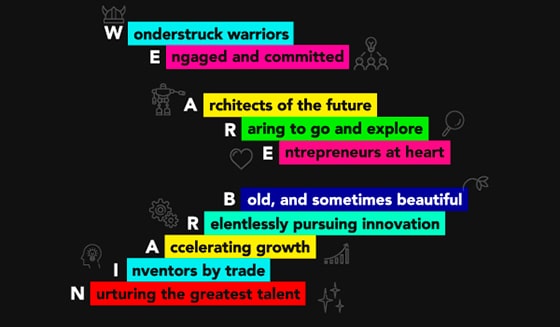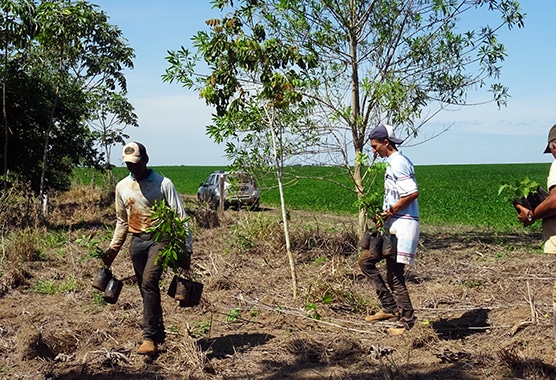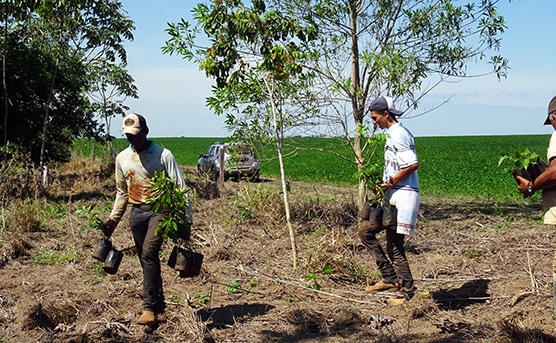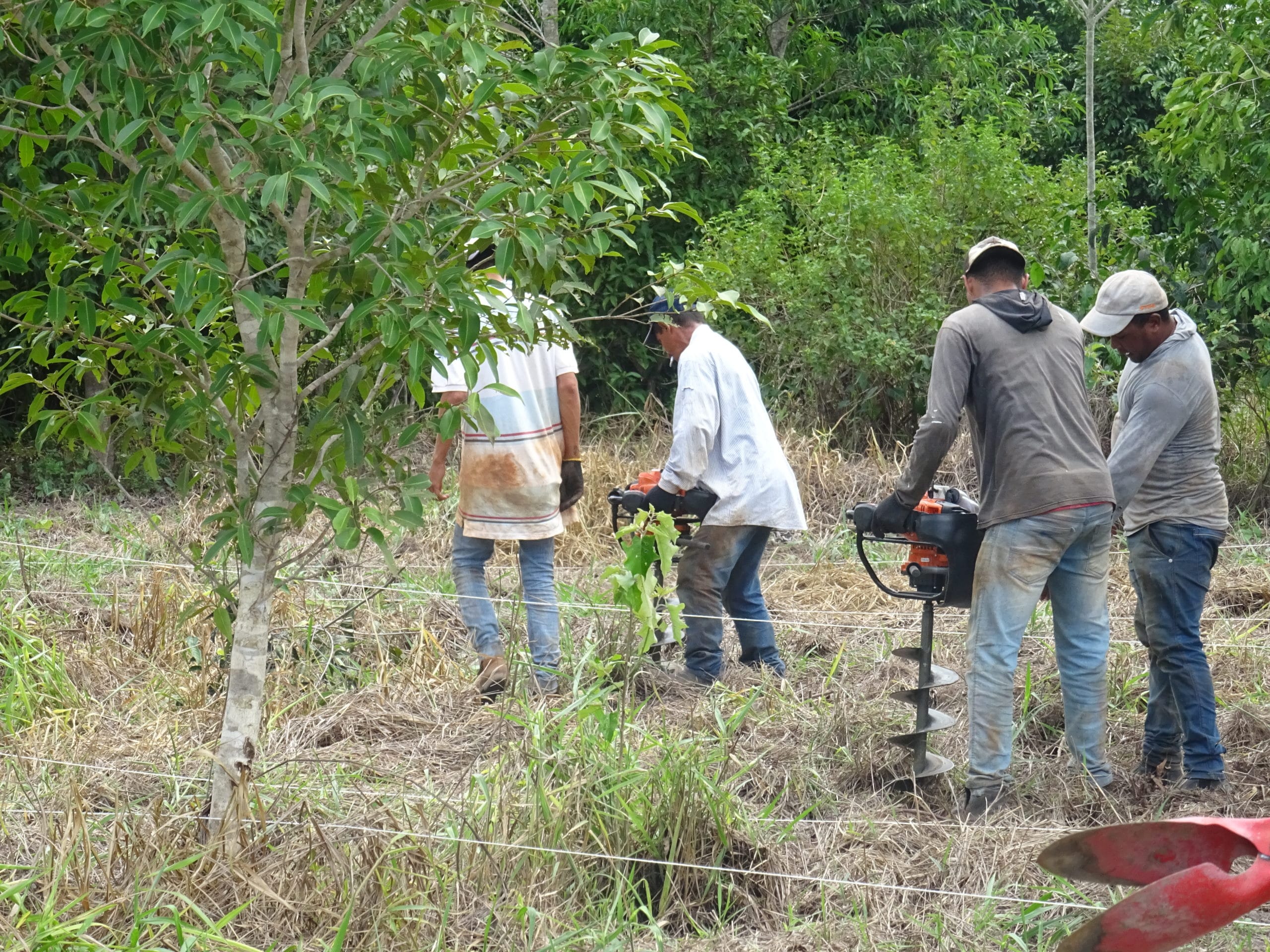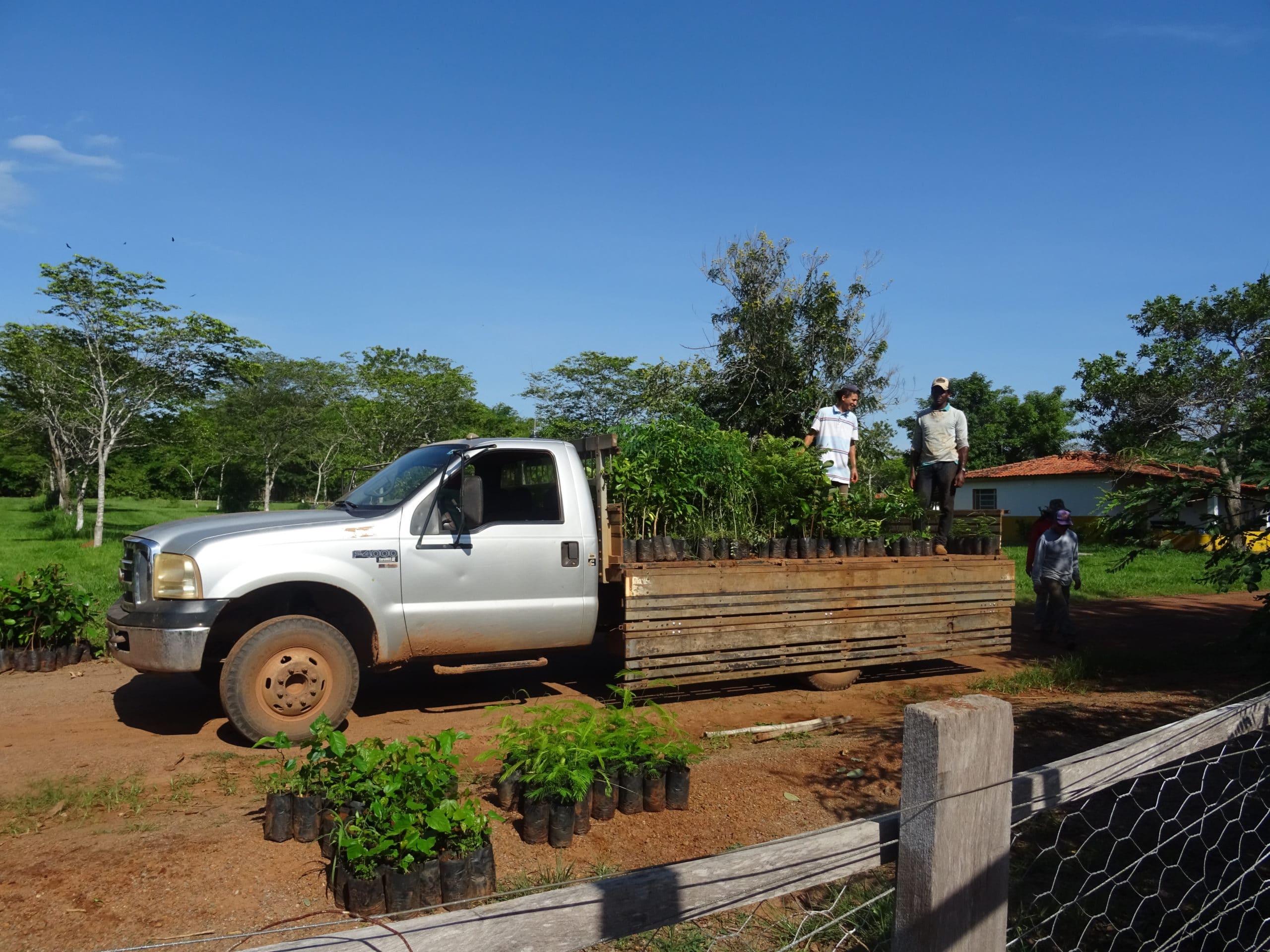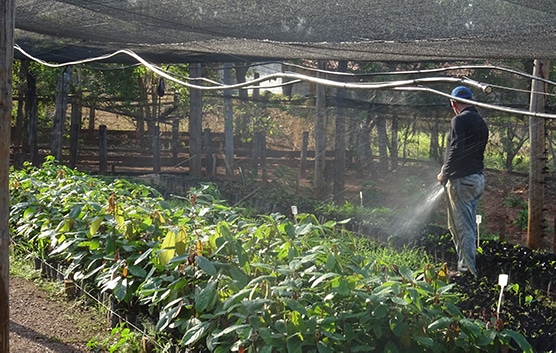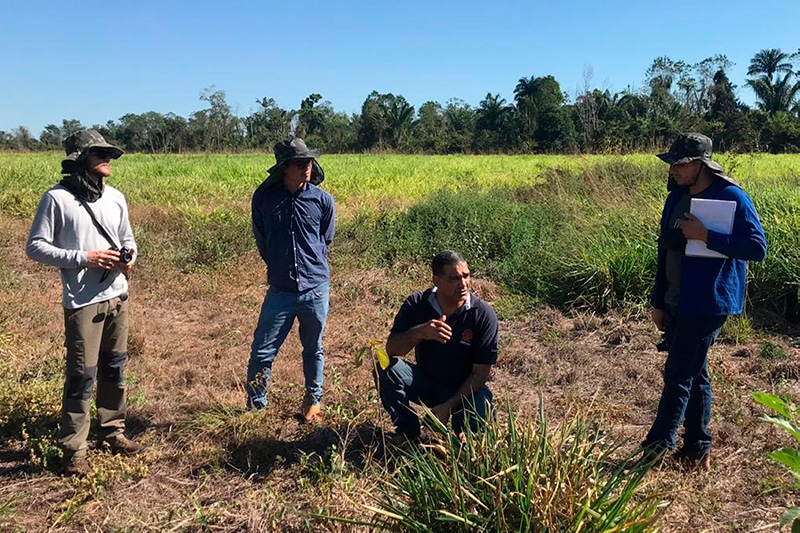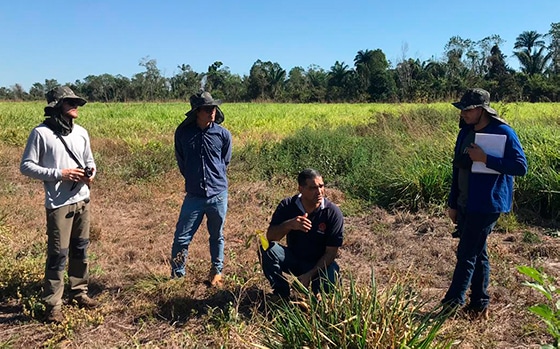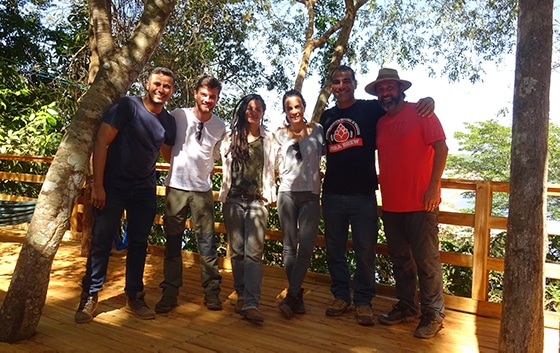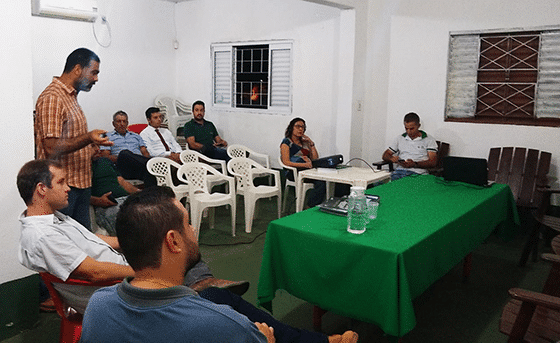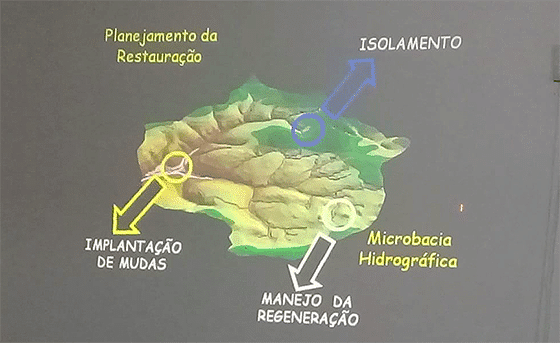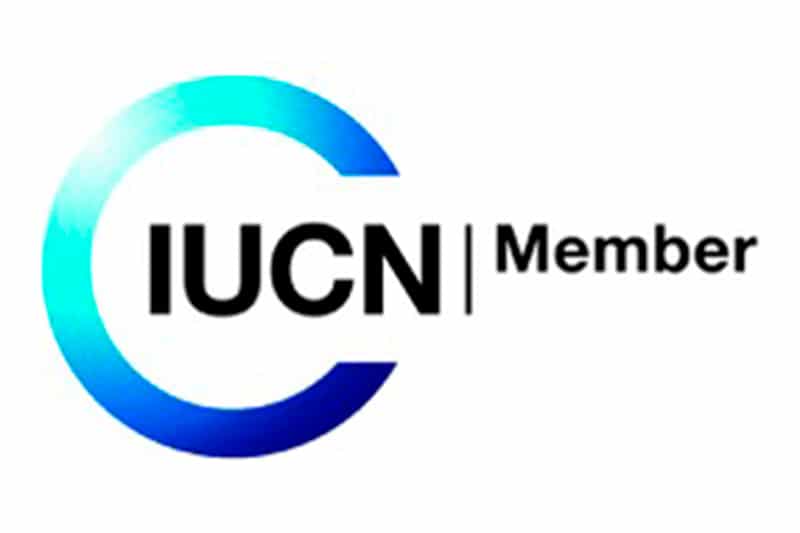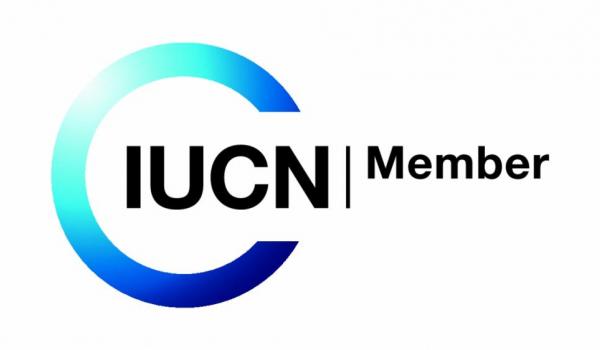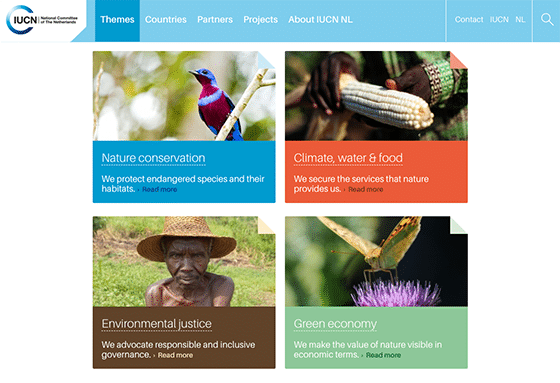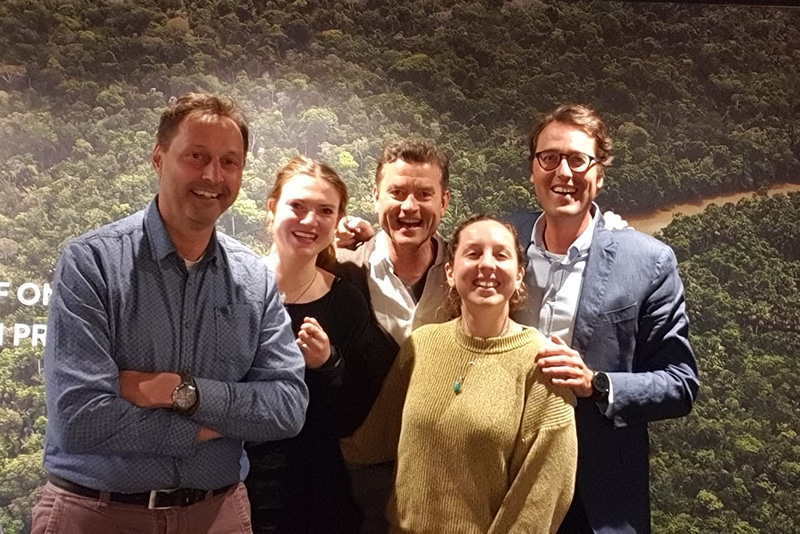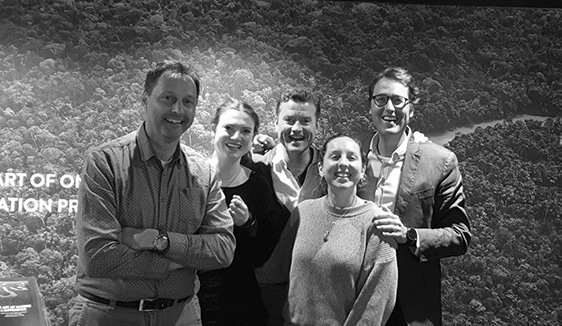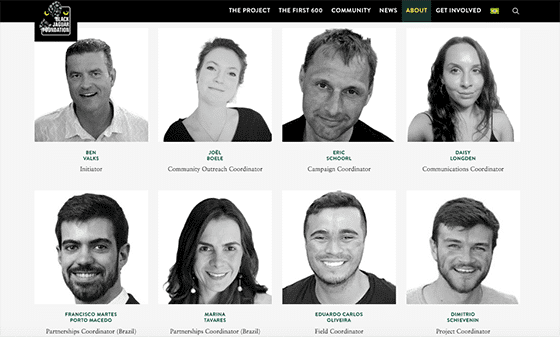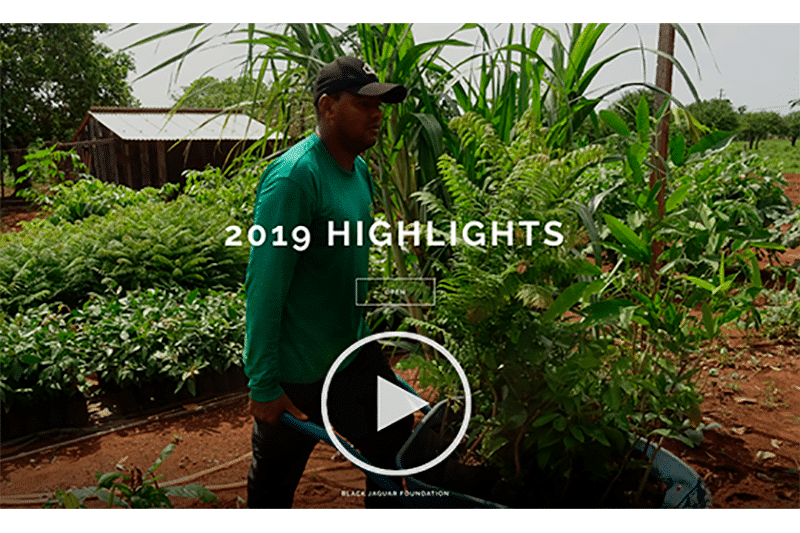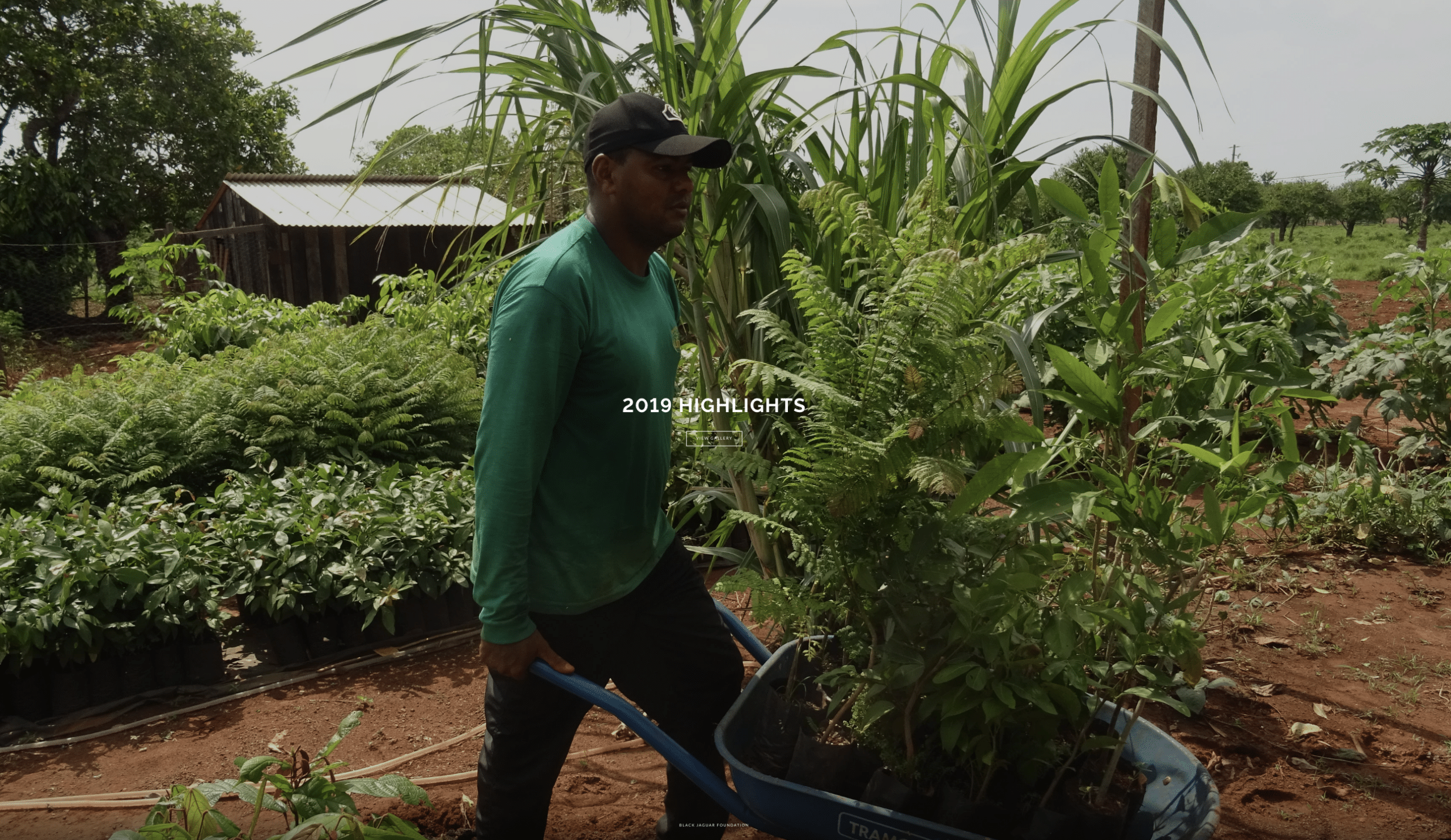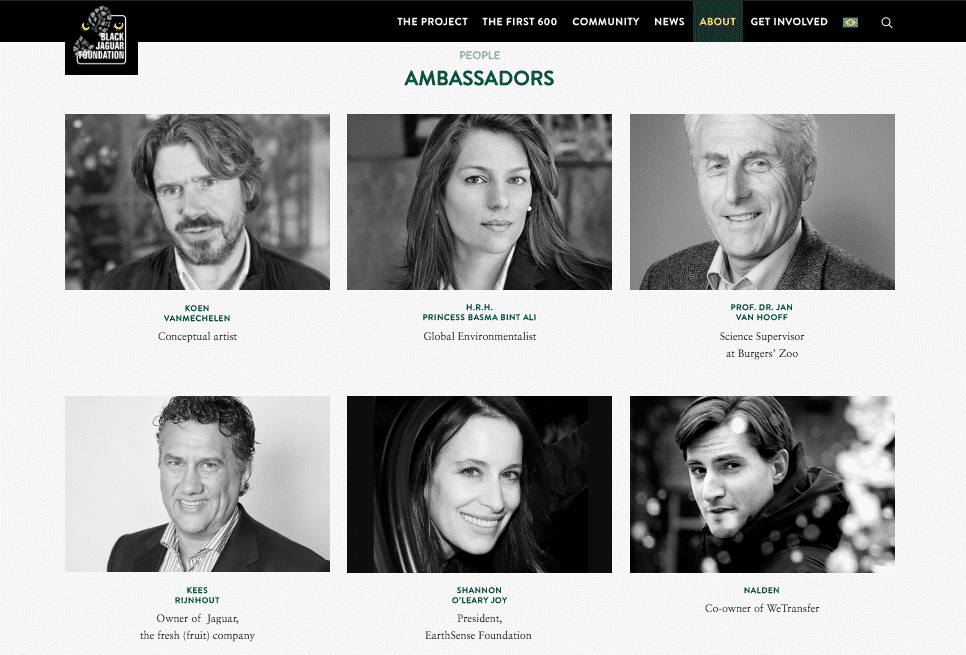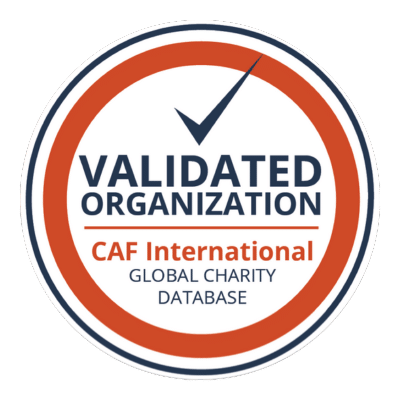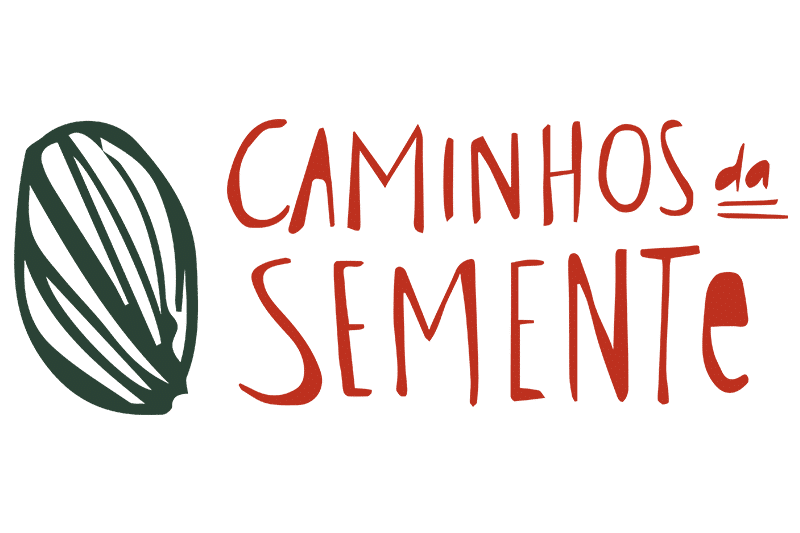
Introducing Caminhos da Semente, experts in direct seeding and new BJF technical partner. They will be a crucial partner for us in the coming years as we expand and perfect our restoration techniques. Their mission? To help reforestation initiatives, such as the BJF, succeed and maximise their efficiencies. Caminhos da Semente will be working in direct collaboration with our team in the field to improve our direct seeding techniques.

The Caminhos da Semente initiative is coordinated by Agroicone, with technical support from the Socio-Environmental Institute (ISA) and technical and financial support from the United Kingdom Partnerships For Forests (P4F) program. The initiative is part of the strategic Action Plan to promote direct seeding. This was prepared with the collaboration of more than 250 specialists, working in more than 160 organisations.
“We found that direct seeding is still a little used method in Brazil, despite its economic and socio-environmental advantages, because there are important barriers to be solved, one of which is a lack of knowledge about the method in São Paulo”, explains Laura Antoniazzi, partner Agroicone and general coordinator of the Initiative.

Direct seeding requires heavy soil preparation followed by the distribution of seeds directly onto the soil. This method is often under-utilised however when enlisted correctly can create huge economic and efficiency gains, creating a denser ecosystem quicker than other methods. Direct seeding is especially useful to restore savanna areas, as we’re able to reintroduce all forms of life at once: trees, bushes and grasses.
